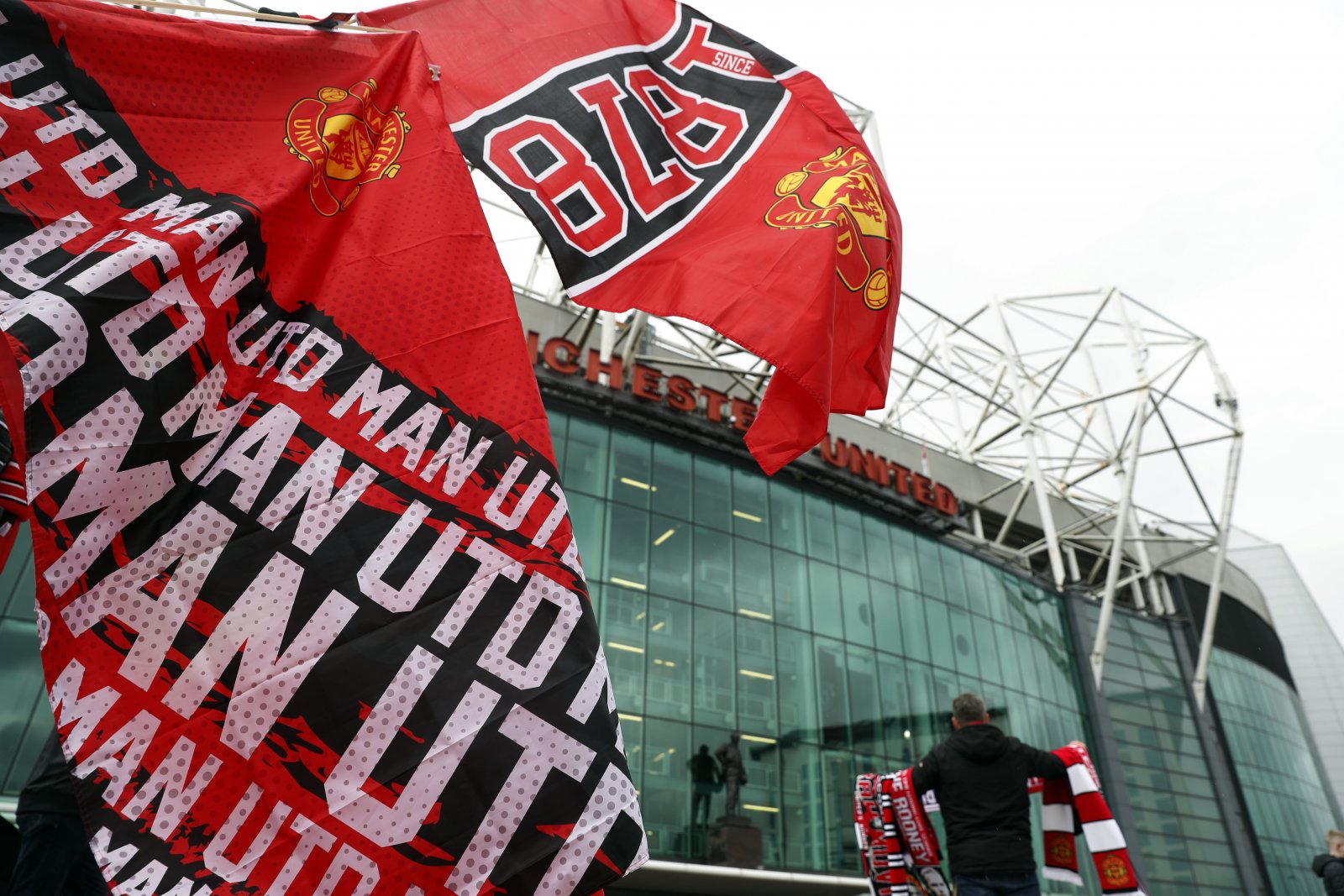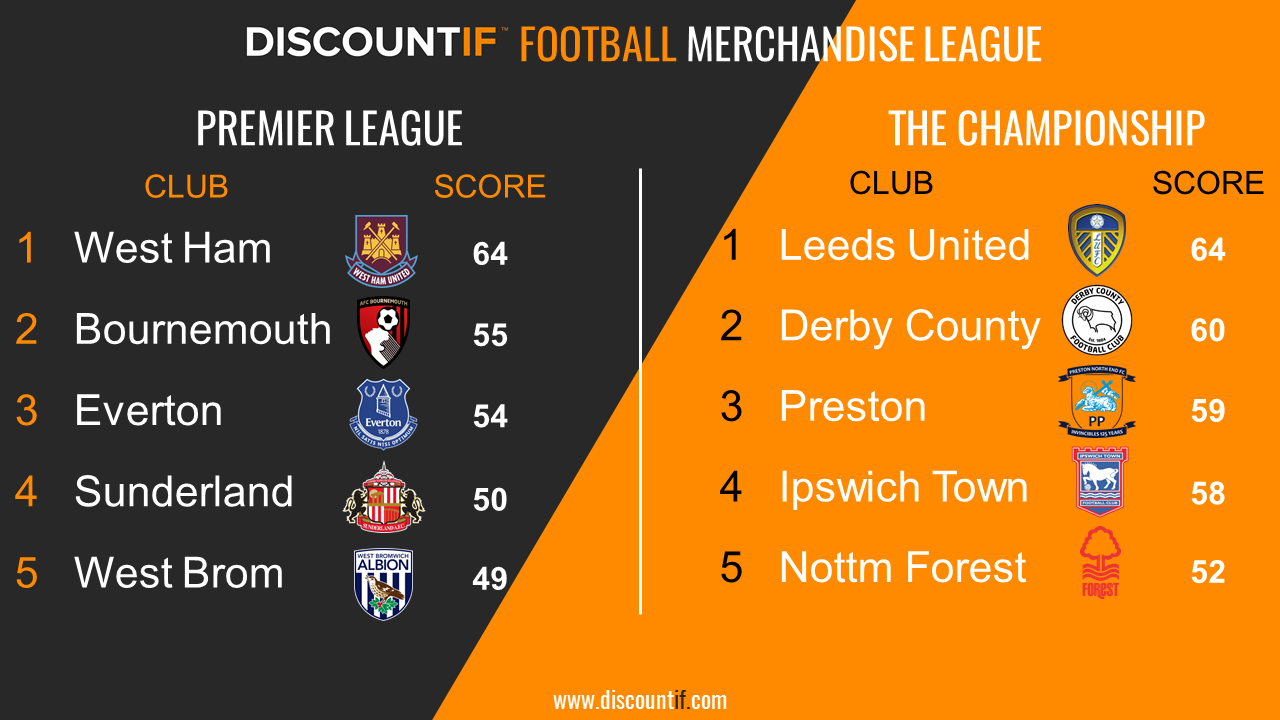Why having an engaged audience is better than a big one when it comes to selling merchandise
We’re already past the point where social media is a new phenomenon when it comes to how sports teams communicate with their fans. There may be innovations and trailblazing new ideas about how to use digital platforms to engage with your fans, but by and large, the idea that this is a fad has long gone.
And yet, social media is sometimes still thought of as a wishy-washy pursuit – and that’s not just the case in sport. Every for-profit business has the same goal: make money. And it’s not clear exactly how much money a super-cool Twitter account rakes in.
In terms of football clubs specifically, the same is true. Although the social media team exists to keep fans on side and relay the news about the inner workings of their club, it is also there to drive fan engagement. And that brings in money. That can mean ticket sales or the purchase of merchandise from the club shop.
The next step is to find out exactly how much money the social channels drive.
As a starting point, online football merchandise company DiscountIF have analysed the social media reach of English football clubs and compared that to the revenue that each club made in merchandise sales, and then giving each club a score based on the insight from their analysis.
It’s an interesting idea. We all know that the social media accounts of football clubs are becoming more and more important, and in an era when most fans get their football news and views when they’re posted to Twitter and Facebook, that puts the club’s own digital team front and centre. How much of that, then, is being used to drive sales?
The data is interesting, too, in fact. You might expect the biggest clubs to be the most business savvy. Manchester United, for example, are famed for their worldwide sponsorships and their ability to drive huge revenue numbers. And yet they rank very low on the table with one of the most negative scores. Put differently, the amount of revenue from merchandise driven directly by their social media accounts is lower than you would expect.
The same is true – indeed worse – for Chelsea and Arsenal, whilst Leicester City find themselves bottom of the list (though that might be a touch unfair given the huge rise in the club’s social media following when they won the Premier League last year, that means quite a bit of their following could hardly be described as ‘committed fans’ and are instead just interested parties).
The clubs who do the best by far and away are West Ham, Bournemouth and Everton – and again, this is perhaps explained by the fact that most of these clubs are followed online by actual fans of the clubs. That is, a Bournemouth fan might also follow Chelsea or Arsenal just because she’s also a football fan, and these are huge worldwide clubs. It’s unlikely that the Chelsea fan would feel the same way about giving Bournemouth a follow.
A higher percentage of Bournemouth fans, then, are the sorts of people who will buy merchandies.
That’s not to say that the only reason a football club would have a social media account is to make money from their fans through merchandise sales. There are plenty of other reasons, too, so it’s not like the bigger clubs are doing a bad job. After all, the social media accounts aren’t there to flog shirts and commemorative coasters. It’s also not to say that the likes of Manchester United, Chelsea and Arsenal don’t drive lots of revenue from merchandise already.
But it does show the value of a highly engaged social media following, something that goes far beyond just selling items from the club shop.
It’s further evidence that when it comes to your fans on social media, engagement is more valuable than reach.
About author
You might also like
SPORTEL 2021: Day One Recap
This year’s prestigious SPORTEL convention kicked off in sunny Monaco today, welcoming a host of familiar faces as well as plenty of new ones. Doors opened at 8:30am with businesses
Six Founding Riders Set To Bring The Vision Of The UCI Track Champions League To Life
Olympic Champions, UCI World Champions and World Record holders join the new track cycling competition debuting in November 2021 The UCI Track Champions League is delighted to announce that six
Sports related spending to soar this summer as pre-pandemic life resumes
New insights from eBay Ads UK reveal the potential for brands to engage with an excited but nervous nation as sports events get back on track As pubs and indoor









